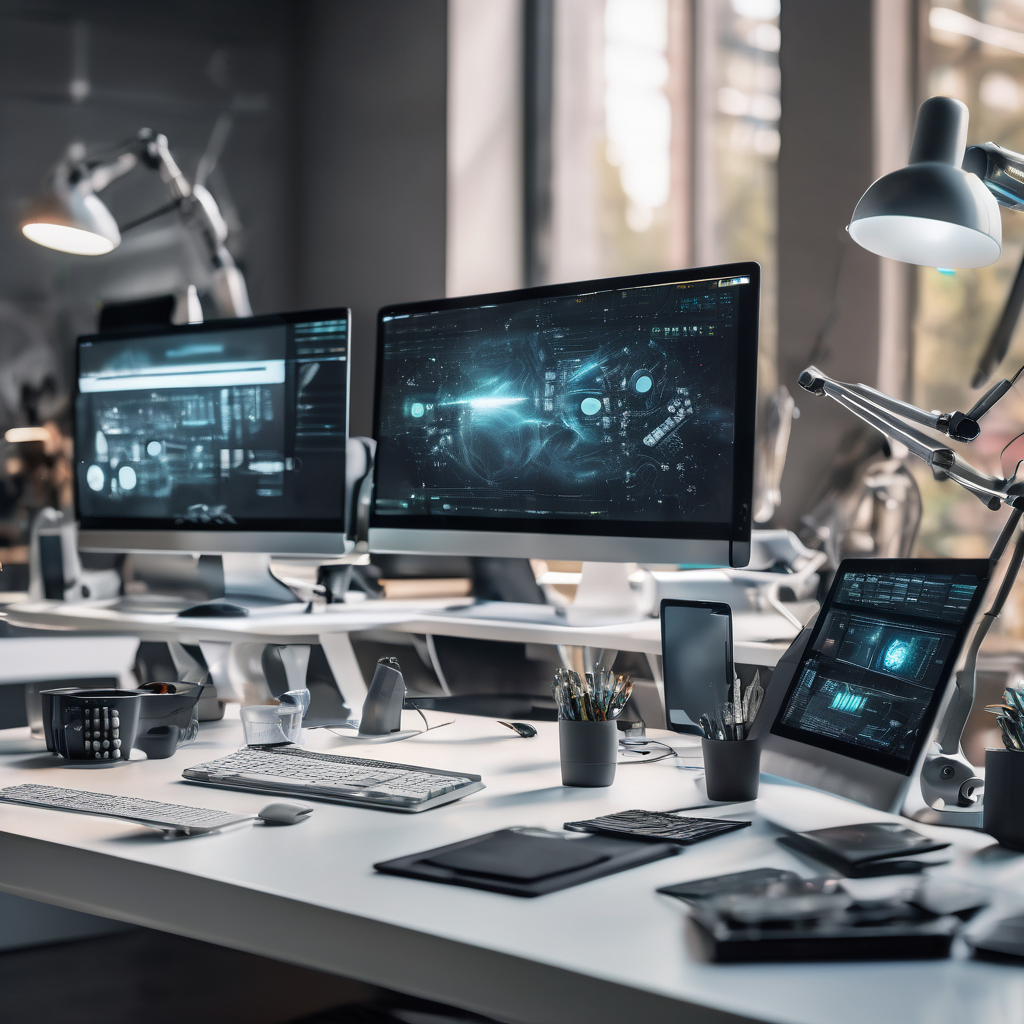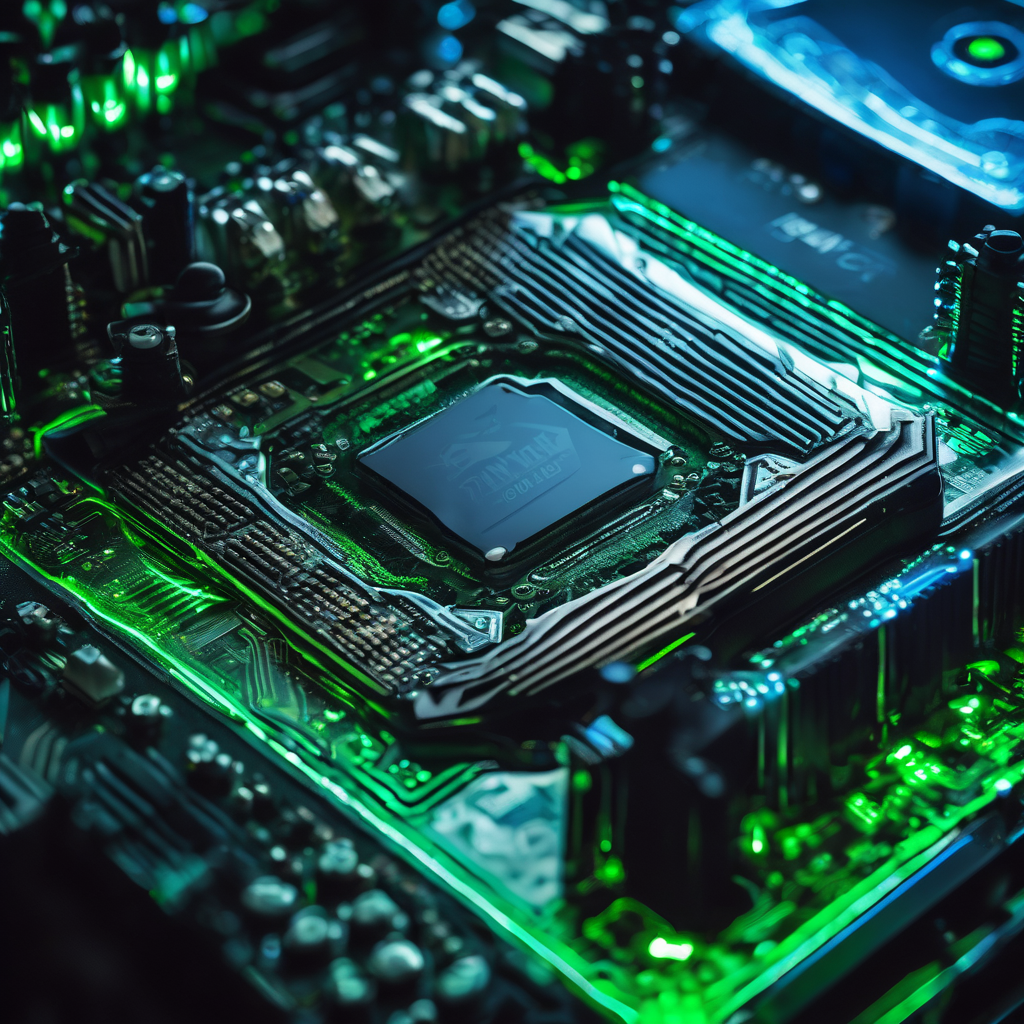
India has taken a major step toward tackling complex legal issues at the intersection of artificial intelligence (AI) and copyright law by forming a dedicated panel to review its existing copyright legislation. This initiative responds to increasing legal challenges over the use of copyrighted material in training AI systems, notably involving OpenAI, creator of the ChatGPT chatbot. The panel will examine the Copyright Act of 1957—a law over six decades old—to assess its relevance and adequacy concerning AI-generated content. Consultations with experts and stakeholders will explore the legal and policy impacts of AI technologies on copyright protection, aiming to propose amendments or new policies that fairly balance the interests of copyright holders, AI developers, and the public. This move follows a prominent lawsuit filed by leading Indian news organizations accusing OpenAI of unlawfully using their copyrighted articles and reports without permission to train ChatGPT. These media companies argue that such aggregation infringes their intellectual property rights and harms their revenue, spotlighting broader issues of copyright infringement risks, data licensing, and fair use exceptions in AI training. India’s government recognizes that existing copyright laws, created long before the digital age and AI advancement, lack explicit provisions for AI and machine learning, creating legal ambiguities. The new panel—likely comprising legal experts, technologists, policymakers, and creative industry representatives—will comprehensively review these gaps. Key challenges include questions on authorization, compensation, and attribution surrounding the use of copyrighted works in AI datasets, and debates over whether AI-generated works themselves qualify for copyright and who owns those rights. India’s review aligns with a global trend as countries wrestle with regulating AI training data, fair use policies, and ownership of AI-generated outputs, balancing international best practices with domestic contexts.
The lawsuit against OpenAI reflects content creators’ concerns that unauthorized use of their intellectual property, particularly in news media where significant resources are invested, threatens their business models. Meanwhile, AI companies emphasize their technology’s transformative potential and often assert that training uses fall under fair use or do not constitute direct copying. Outcomes from the panel are expected to influence legislative reforms to India’s Copyright Act, regulatory guidelines, and industry norms around AI training data. Establishing clear frameworks will foster a predictable environment supportive of creators, developers, and users. This initiative positions India among the forefront of nations actively addressing AI and copyright challenges, promoting a balance between innovation and rights protection. The panel’s findings may also provide valuable guidance globally as AI integration deepens across sectors. As AI technologies evolve rapidly, the need for robust, adaptive legal frameworks intensifies. India’s proactive approach seeks to modernize copyright laws in step with technological progress, protecting creators’ rights while encouraging innovation and public benefit. The coming months will be critical as the panel conducts its review, engages stakeholders, and drafts recommendations that may reshape India’s AI and copyright legal landscape—underscoring the dynamic interplay of law, technology, and society and the necessity for continual dialogue and adaptation.
India Forms Panel to Review Copyright Laws Amid AI and OpenAI ChatGPT Legal Challenges


The integration of artificial intelligence (AI) into search engine optimization (SEO) is transforming digital marketing, posing both challenges and opportunities for marketers globally.

Adobe conducted a comprehensive global survey of 16,000 creators and found that 86% are now integrating generative artificial intelligence (AI) into their workflows, marking a significant shift in creative processes as AI increasingly supports content production across industries.

Artificial Intelligence (AI) is fundamentally transforming how streaming platforms interact with their users by introducing sophisticated video personalization methods.

The State Council has issued a detailed directive titled the "Opinions on Deepening the Implementation of the 'AI Plus' Initiative," emphasizing a strong government commitment to advancing artificial intelligence (AI) technology.

Meta Platforms, Inc., a major technology leader, has announced significant breakthroughs by its AI research division in natural language processing and computer vision, highlighting its commitment to advancing AI technology.

Salesforce, a global leader in customer relationship management (CRM) solutions, has recently unveiled a range of significant artificial intelligence (AI) enhancements aimed at streamlining operations and boosting productivity within its Sales Cloud platform.

Nvidia has introduced its newest AI chipset, set to become a fundamental component of next-generation gaming consoles.
Launch your AI-powered team to automate Marketing, Sales & Growth

and get clients on autopilot — from social media and search engines. No ads needed
Begin getting your first leads today